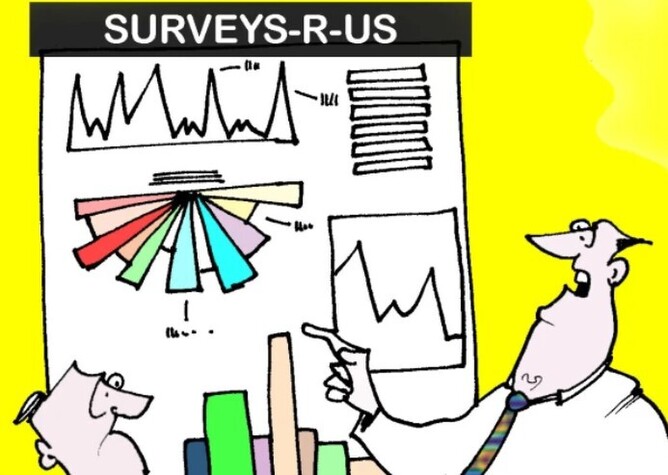By Co-Founder, Peter Fowler.
Over the past two weeks I have been meeting with leading companies in the Australasian market research sector, whom it seems are all on a quest for “Rich Data.”
They seem to collectively have a yearning to find ways to better understand people and the things they do. There are established ways of doing things - text survey forms, zoom video calls - but some of these senior managers had reservations about them.
One research boss from a large company told me people regularly “vandalize” survey forms with obscenities and nonsense. Another from a large market researcher said they found some people feel uncomfortable on video and this nervousness holds them back. Makes it harder for them to think.
From my conversations, it is clear they want to know as an industry how to close the gap and get closer to what people truly think. This particularly applies to “qual” or qualitative research.
There appears to be a lot of thought going into speech as a way to gather Rich Data, which as a journalist I equate to getting a great quote. You learn something from having heard it and therefore it is valuable and memorable.
One manager told me there is a belief that generally people are better at verbalizing their thoughts, and that allows you to get closer to their underlying true sense. Trouble is, there doesn’t appear to be any specialist speech tools for market researchers.
And that was why, to my delight, I got a high response rate to my cold call emails after the launch of our demo platform Consult recently. And from big players.
There are established tools for text surveys and video interviews but it appears none for audio-only. Speech-text transcripts that are 100 percent accurate would be required.
There appears to be an emerging field of Conversational Research, the Q and A, with questions based on responses and this is where they think rich data is.
More than one wanted an AI voice-driven survey tool to conduct Q and A’s. I.e. AI asks questions. Based on the answer, it asks another question etc, bound together by voice-text for the human and text-voice for the AI. With the right resources we could build this.
We have radio platforms operating in the US and NZ which have received tens of thousands of responses from radio audiences. That provides strong evidence that a dedicated audio platform can solicit the “rich data” market researchers are looking for.
In a review, one station manager wrote:
“One does a recovery from addiction show and she finds it very useful for being able to talk to recovering addicts without having to bring them into a foreign environment. She finds they open up better outside of the studio”
“Open up better” is media speak for “Rich Data.”
One of the problems with offering audio in the past has been recording and gathering it. Dedicated audio recording apps would seem like a solution in the modern age but we heard horrendous stories of people being quoted hundreds of thousands of dollars to get apps built. So price, until now, has been a barrier.
Annual set terms have also been a barrier, as a research project may take just a few months.
Everyone I spoke to went away excited and were actively thinking of projects our platform could be used for in its current form. We have lots of ideas for improvements as resources allow.
Let us know if you can think of a use for an audio platform in the research you are doing.
